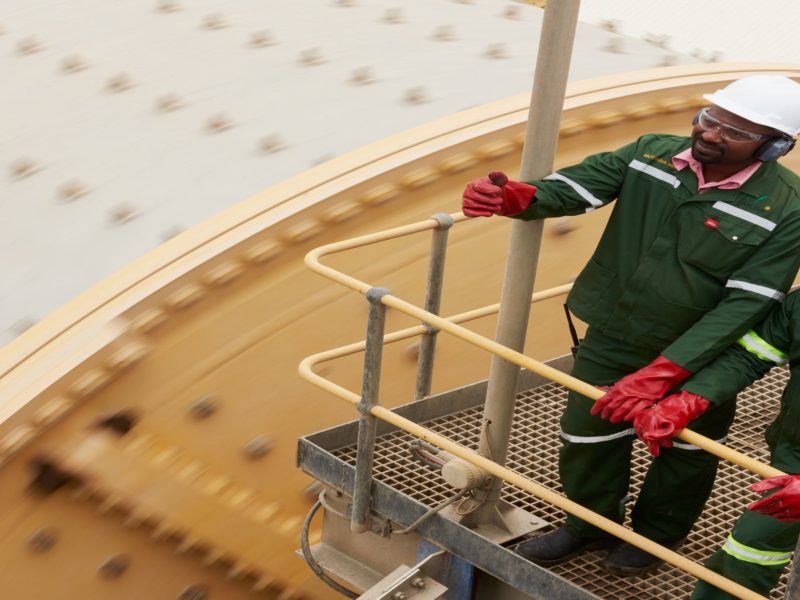
Glencore has announced that the Democratic Republic of Congo (DRC) has deployed armed forces to try to remove illegal miners from projects belonging to the Kamoto Copper Company (KCC), a subsidiary of the British-Swiss miner.
The deployment of troops follows an accident that took place at a KCC operation last month, which saw 43 artisanal miners killed in a landslide while conducting illegal operations. Illegal projects have hamstrung the DRC’s mining industry for years, with Finnish frim Finnwatch reporting that in 2009, the taxes levied on legal mining operations in the DRC were equal to just 5% of the country’s estimated mineral wealth.
“KCC has communicated its expectations to the [DRC armed forces] to exercise restraint and operate in accordance with Voluntary Principles on Security and Human Rights and international human rights standards,” said Glencore in a statement. “This includes the principles relating to the use of proportionate force and provision of medical aid.
“As stipulated in our Code of Conduct, Glencore upholds the dignity, fundamental freedoms and human rights of our employees, contractors and the communities in which we live and work as well as others affected by our activities.”
Despite this rhetoric, the use of the nation’s armed forces threatens to escalate ongoing tensions between illegal miners and government forces. France24 estimated this week that “hundreds” of illegal miners protested against the government’s heavy-handed response to the accident, calling for their mining operations to receive legal recognition, and the incident follows the deployment of hundreds of soldiers in June this year to protect a China Molybdenum Company mine in the DRC from similar artisanal miners.
Despite its illegal status and subsequent safety risks, artisanal mining is relatively commonplace in the DRC; illegal miners were responsible for 16% of the country’s cobalt production in 2017, according to Darton Commodities, a significant contribution to the production totals of the world’s largest cobalt producer. Glencore estimates that up to 2,000 illegal miners enter its mines every day, leading many to call for a comprehensive reform of the country’s mining sector to minimise risks and maximise productivity.
“It’s a deep, structural problem that’s been going on for many, many years,” says Amnesty International Lauren Armistead, referring to an artisanal mining workforce that can reach 150,000 people at times, and provide a key source of income for many workers. “The government really needs to address the problem by working with representatives of the artisanal miners to try and find new sites to work on in a safe way that’s regularised that provides them support.”



